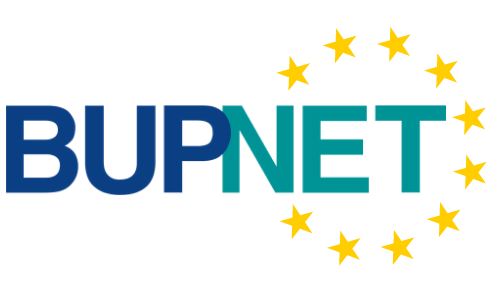Psychosocial risks arise from poor work design, organisation and management, as well as a poor social context of work, and they may result in negative psychological, physical and social outcomes such as work-related stress, burnout or depression. Some examples of working conditions leading to psychosocial risks are:
- Excessive workloads;
- Conflicting demands and lack of role clarity;
- Lack of involvement in making decisions that affect the worker and lack of influence over the way the job is done;
- Poorly managed organisational change, job insecurity;
- Ineffective communication, lack of support from management or colleagues;
- Psychological and sexual harassment, third-party violence.
In order to avoid digital addiction, depression or anxiety, you should:
- Manage your notifications: Switch off notifications for non-essential apps and set specific times to suspend notifications from all apps to enhance concentration and help you to enjoy downtime more
- Disconnect and engage in offline or “real world” activities: Set aside time to completely disconnect and switch off your devices – maybe at the weekends or after 6 pm. Be mindful while doing this and recognise the impact it has on your mood.
- Set boundaries: It is tempting to always be available, however, this is the behaviour that leads to digital drain and burnout. Establish limits on your screen time and prioritise your health
- Take Regular breaks: step away from your screen every hour, take a short walk, get some fresh air or try some meditation, this can help reduce aches and pains as well as eye strain!
If you want to find out more, take a look at the PROSPER training modules.

